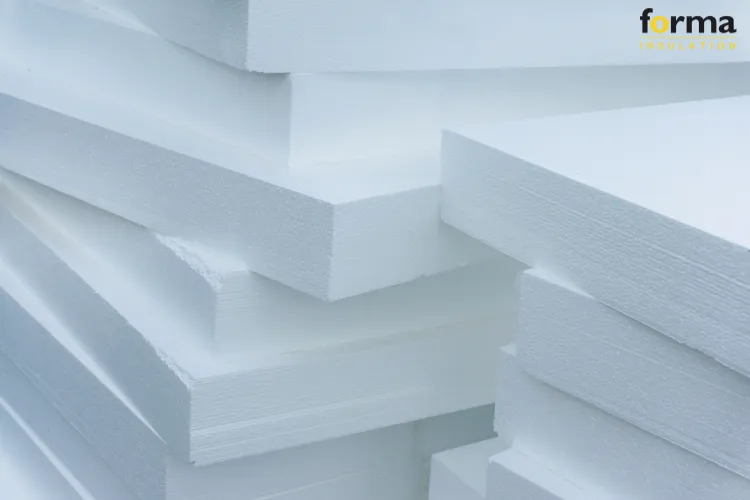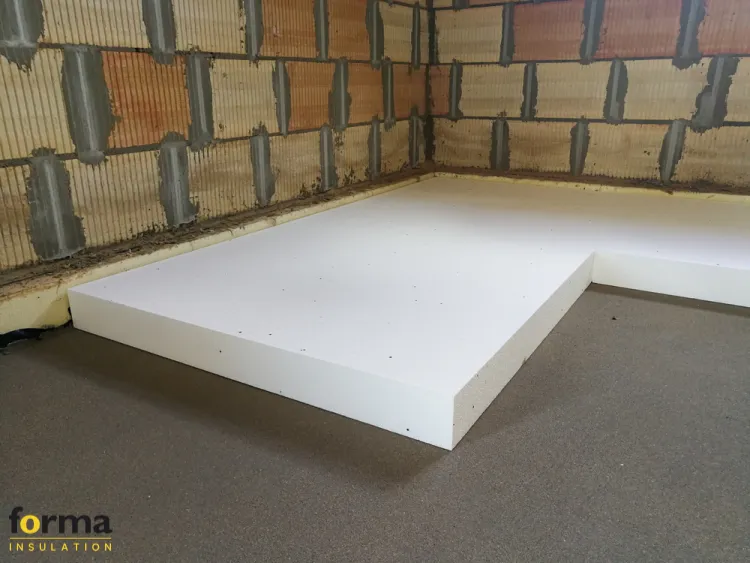When it comes to modern construction and insulation, foam blocks have become a go-to solution for engineers, architects, and builders. Their lightweight structure, durability, and thermal performance make them ideal for a wide range of civil engineering applications. Whether you’re working on a highway embankment, green roof, or under-slab insulation, understanding the different types of foam blocks—and working with the right foam block suppliers—is key to a successful project.
Styrofoam Fill Blocks
Styrofoam fill blocks are made from extruded polystyrene (XPS), a closed-cell foam known for its excellent moisture resistance and structural integrity. While the name “Styrofoam” is often used generically, it specifically refers to a branded XPS product.
XPS blocks are widely used for:
- Insulation in walls, roofs, and below-grade foundations
- Protection in cold storage and refrigeration systems
- Lightweight fill for landscaping and drainage.
Their dense composition allows them to withstand higher compressive loads, and their minimal water absorption makes them ideal for use in wet environments.
Read also about: Thermal Insulation Boards price

Foam Block Suppliers: What to Look For
Choosing the right foam block suppliers is critical to ensure your materials meet the performance and regulatory standards required for your project. Reputable suppliers offer:
- Multiple density options: From lightweight EPS to high-density XPS
- Custom sizing and cutting: Tailored solutions for complex applications
- Engineering support: Product specifications aligned with design needs
- Reliable delivery: On-time logistics across your region or job site
- Certifications: Compliance with ASTM, ISO, or regional building codes.
In regions like Saudi Arabia and the GCC, Geofoam International is a leading name among foam block suppliers, offering both geofoam and Styrofoam products with technical and logistical support.
Geofoam Blocks Price and Benefits
Geofoam blocks are typically made from expanded polystyrene (EPS). These lightweight, large-format blocks are used for:
- Road and bridge embankments
- Slope stabilization
- Lightweight fill over soft soils
- Foundation insulation.
The price of geofoam blocks varies depending on the EPS density, block size, and project location. While EPS geofoam is more economical than XPS, its performance is more suited to structural fill than exposed insulation. Bulk purchasing directly from experienced foam block suppliers can help reduce costs.
Read more about; EPS Polystyrene Sheets price

High-Density Foam Blocks for Construction
For projects that involve greater load-bearing requirements, high-density foam blocks provide enhanced compressive strength and structural stability. Applications include:
- Under-concrete insulation
- Retaining wall backfill
- Heavy-duty floor insulation
- Load-bearing insulation in cold storage and freezers.
High-density EPS or XPS blocks feature a tighter cell structure and are engineered to withstand significant weight without deformation. Always request density and compressive strength ratings from your foam block suppliers to match them to your specific application.
Geofoam vs. Styrofoam
When choosing between geofoam and Styrofoam for your project, it’s important to understand their distinct properties and use cases.
Geofoam, typically made from expanded polystyrene (EPS), features an open-cell structure. It offers moderate compressive strength, usually ranging from 70 to 250 kPa. Geofoam is commonly used as a lightweight fill material for civil engineering projects like road embankments and soil stabilization. It absorbs more water compared to Styrofoam but is also more cost-effective and suitable for large-volume applications. Styrofoam, on the other hand, is made from extruded polystyrene (XPS), which has a closed-cell structure.
This gives it a higher compressive strength, often between 250 and 500 kPa, making it more suitable for load-bearing and insulation applications. It has very low water absorption and a higher R-value per inch—typically around 5.0—making it ideal for below-grade insulation, cold storage, and roofing systems.
Ultimately, the choice between geofoam and Styrofoam should be based on the specific structural, thermal, and moisture resistance needs of your construction or insulation project.
Why Choose Foam Blocks for Construction and Insulation?
Foam blocks offer several performance advantages over traditional materials such as soil, gravel, or concrete. Here’s why more engineers are choosing them:
- Reduced structural load: Ideal for soft soil and seismic zones
- Speed of installation: Large block sizes reduce construction time
- Durability: Resists moisture, pests, and freeze-thaw cycles
- Thermal performance: Improves building energy efficiency
- Design flexibility: Easily shaped, cut, and installed.
By partnering with top foam block suppliers, contractors gain access to high-performance products that meet specific engineering demands.
Geofoam Blocks: Applications and Properties
Geofoam blocks are widely used in civil infrastructure due to their predictable performance and ease of use. Common applications include:
- Road widening and highway construction
- Lightweight fill behind retaining walls
- Airport runway subgrade fill
- Green roof insulation
- Bridge abutments.
These blocks can be manufactured in different densities, cut to custom dimensions, and transported efficiently. The key is to ensure your foam block suppliers understand your load-bearing, moisture, and insulation requirements.
Geofoam for Sale in Saudi Arabia
If you’re searching for geofoam for sale in Saudi Arabia or the GCC region, look for suppliers with:
- EPS blocks manufactured to ASTM D6817 standards
- On-site engineering consultation
- Regional logistics capabilities
- Proven experience in large-scale civil and commercial projects
Geofoam International is one of the most established foam block suppliers in the Middle East, delivering geofoam solutions for both private and government infrastructure projects.
Geofoam International: Trusted Foam Block Supplier
Geofoam International is a leader among foam block suppliers in Saudi Arabia and beyond. They specialize in the design, supply, and delivery of EPS geofoam products for civil engineering and construction.
Key offerings include:
- EPS geofoam blocks in a range of densities
- Custom-cut blocks for complex shapes and contours
- Void fill solutions for bridges, roads, and buildings
- Full technical documentation and support
The company works closely with project stakeholders to ensure the right product is specified, delivered, and installed correctly, resulting in time and cost savings.
Conclusion
Choosing the right type of foam block—and the right foam block suppliers—is crucial for ensuring structural performance, thermal efficiency, and long-term value in construction. Whether you’re considering geofoam blocks for a lightweight embankment or Styrofoam fill blocks for insulation, understanding the technical differences and supplier capabilities will help you make an informed decision.
In Saudi Arabia and across the GCC, Geofoam International stands out as a reliable source for EPS geofoam and related products. With their commitment to quality, technical support, and on-time delivery, they are a trusted partner for civil engineers, contractors, and developers looking to leverage the benefits of modern foam block solutions.
